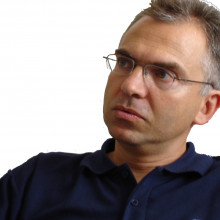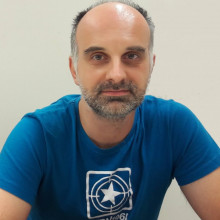
Project Website [1]
PARTHENOS stands for “Pooling Activities, Resources and Tools for Heritage E-research Networking, Optimization and Synergies”. It is inspired by the name of Athena Parthenos, the Greek goddess of wisdom, inspiration and civilization.
PARTHENOS aims at strengthening the cohesion of research in the broad sector of Linguistic Studies, Humanities, Cultural Heritage, History, Archaeology and related fields through a thematic cluster of European Research Infrastructures, integrating initiatives, e-infrastructures and other world-class infrastructures, and building bridges between different, although tightly, interrelated fields. PARTHENOS has achieved this objective through the definition and support of common standards, the coordination of joint activities, the harmonization of policy definition and implementation, and the development of pooled services and of shared solutions to the same problems
PARTHENOS has addressed and provided common solutions to the definition and implementation of joint policies and solutions for the humanities and linguistic data lifecycle, taking into account the specific needs of the sector that require dedicated design, including provisions for cross-discipline data use and re-use, the implementation of common AAA (authentication, authorization, access) and data curation policies, including long-term preservation; quality criteria and data approval/ certification; IPR management, also addressing sensitive data and privacy issues; foresight studies about innovative methods for the humanities; standardization and interoperability; common tools for data-oriented services such as resource discovery, search services, quality assessment of metadata, annotation of sources; communication activities; and joint training activities. Built around the two ERICs of the sector, DARIAH and CLARIN, and involving all the relevant Integrating Activities projects, PARTHENOS has delivered guidelines, standards, methods, services and tools to be used by its partners and by all the research community. It has exploited commonalities and synergies to optimize the use of resources in related domains.
All services, tools and Knowledge Base developed by PARTHENOS are accessible at Parthenos project’s Portal .
http://www.parthenos-project.eu/portal [6]
Of paramount importance are the:
PARTHENOS Training suite - http://www.parthenos-project.eu/portal/trainingsuite [7]
and the PARTHENOS Standardization Survival Kit (SSK) - http://www.parthenos-project.eu/portal/ssk-2 [8]
The PARTHENOS SSK has been designed to support researchers in selecting and using the appropriate standards for their particular disciplines and workflows.
The SSK is an online tool that focuses on giving researchers access to standards in a meaningful way by using research scenarios that cover all the domains of the Humanities, from literature to heritage science, including history, social sciences, linguistics, etc.
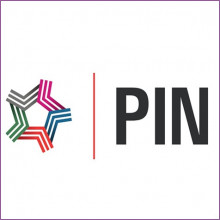

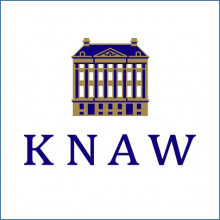
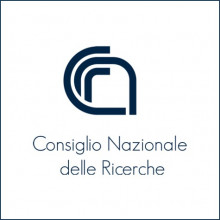
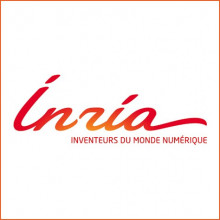
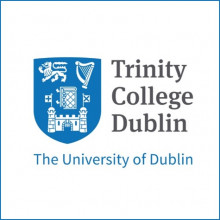
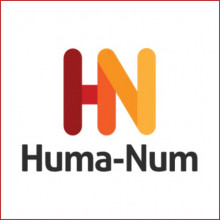
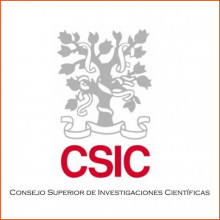
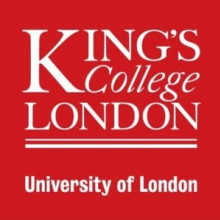
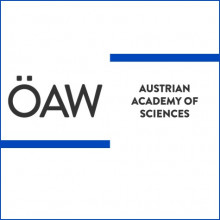
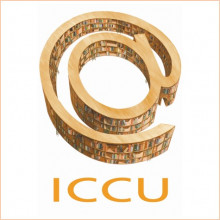
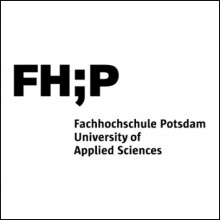
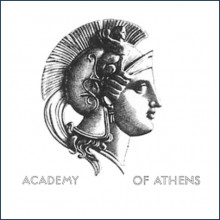
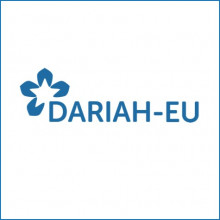

Funding

